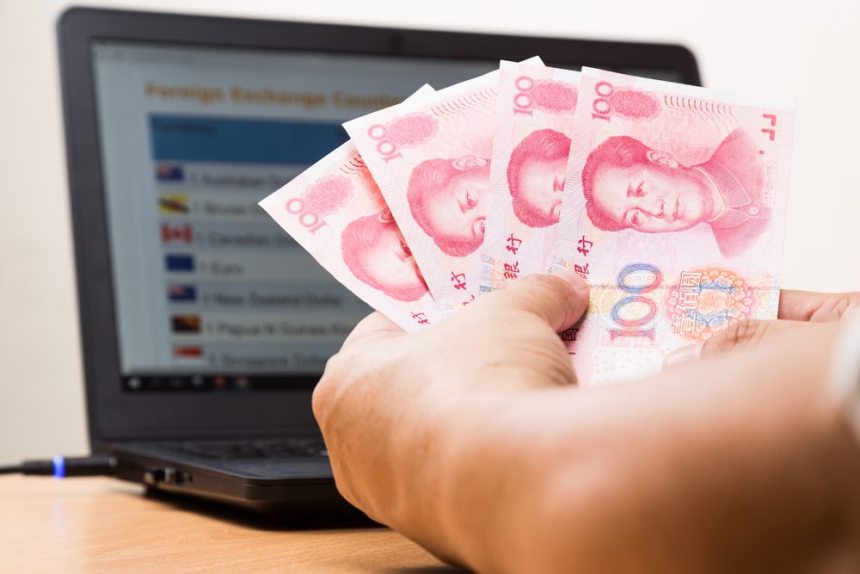China has been imposing various degrees of curbing capital outflow throughout 2016. Not all of these attempts have been successful, but the government has come up with a new plan. Foreign currency purchases will be restricted even further moving forward. In doing so, the government aims to reduce the amount of money leaving the Chinese economy.
Converting Yuan to foreign currency will become more difficult for everyone living in China. Additional information needs to be provided when requesting a foreign exchange. Additionally, consumers will need to explain the reasoning behind this request. This is a rather invasive measure imposed by the Chinese government in the war against capital flight.
China Further Scrutinizes Foreign Currency Exchanges
Chinese individuals can convert US$50,000 worth of yuan to foreign currency every year. This amount will not undergo changes in the foreseeable future, which is somewhat of a relief. But anyone looking to convert yuan to foreign currency will be scrutinized even further. In fact, the government will demand a reason as to why people want to exchange their funds.
It is important to keep in mind this measure will not replace the demand for identity papers when making a foreign exchange request. It is evident the Chinese government wants to find out why people are moving money out of the country. Whether or not tighter controls over people’s money is the right solution, remains to be seen.
For now, the PBOC claims these measures are created to fight money laundering and illegal transactions. Random checks on foreign currency exchange transfers will be increased, and sanctions will be harsher moving forward. Moreover, banks need to verify the authenticity of this information when it is provided.
But there is more, as financial institutions will have to report international transfers exceeding 200,00 yuan. Anyone looking to complete a foreign currency exchange transfer of US$28,800 or more will be scrutinized by the government. This is yet another invasive measure that may backfire on the Chinese economy in the long run.
Reasons for the increased capital flight are not difficult to come by. The Chinese economy is in a slump, and economic growth has been much slower than expected. Additionally, the yuan continues to lose value against other major currencies. Plus, the Federal Reserve’s interest rate hike is only adding more fuel to the fire.
Header image courtesy of Shutterstock
